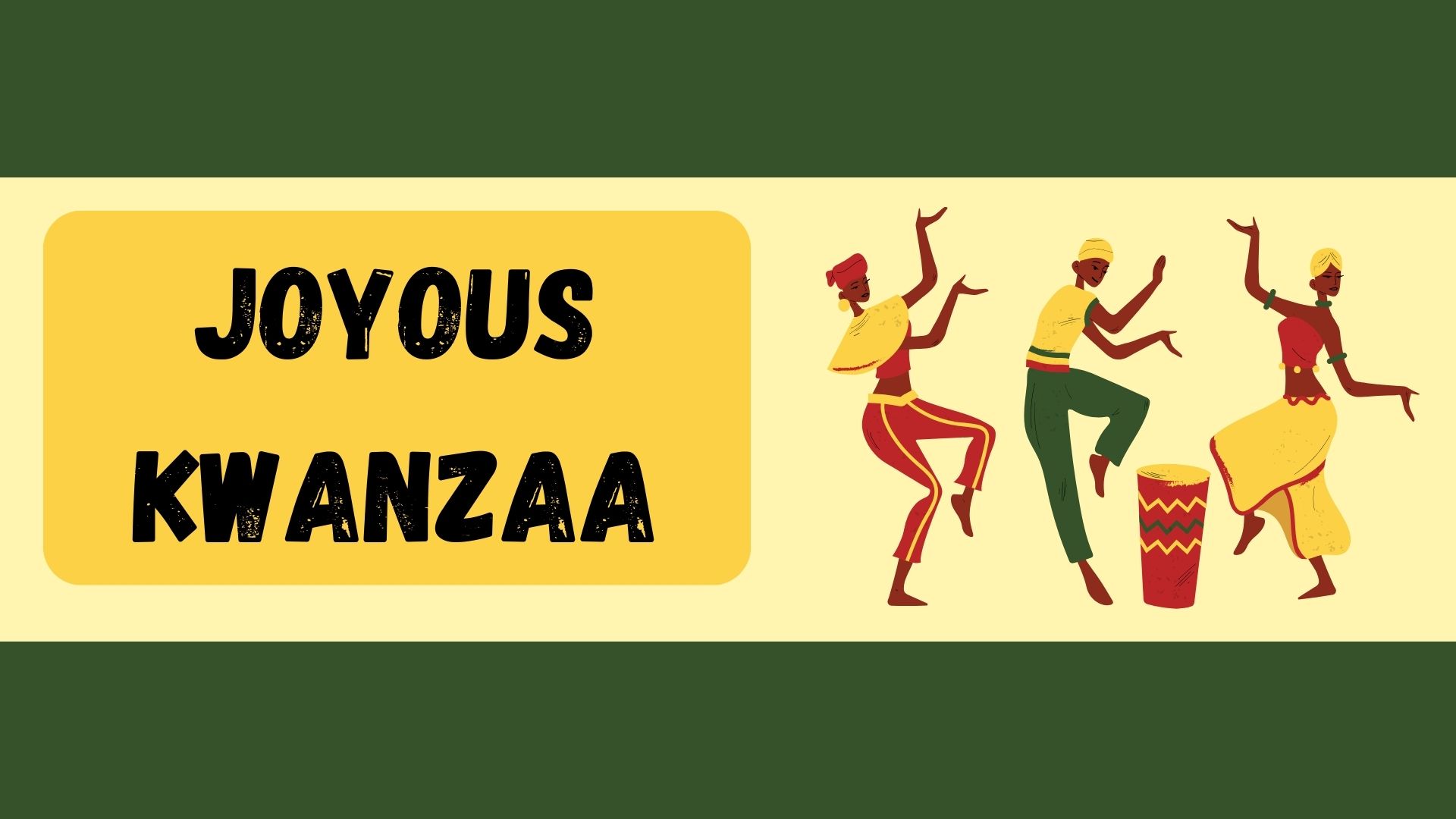Kwanzaa, an annual holiday that begins on December 26 and lasts through January 1, is a relatively new creation, though it has its roots in the traditions of community and cultural spirit of the African harvest festivals going back generations. The name comes from the Swahili phrase “mutanda ya kwanza,” which means “first fruits”.
Kwanzaa is not a religious holiday, and families who celebrate it often celebrate it in addition to Christmas, Hanukkah, or another religious holiday.
Kwanzaa was created in 1966, in the aftermath of the LA Watts Rebellion, as a specifically African-American holiday by Dr. Maulana Karenga, an African-American author, professor, and activist. His goal was to “give blacks an alternative to the existing holidays and give blacks an opportunity to celebrate themselves and their history, rather than simply imitate the practice of the dominant society.”
The preparation often starts a day or two early by decorating the house with the colors of Kwanzaa, red, black, and green and with fruits, Kwanzaa flags (with a block of each color), and a kinara, a special candle holder with seven available slots.
Each of the seven days of Kwanzaa is dedicated to one of its principles. On each of the seven nights, the family gathers, and a child lights a candle on the kinara and discusses one of the Nguzo Saba, the seven principles of African Heritage which are:
- unity (umoja),
- self-determination (kujichagulia),
- collective work and responsibility (ujima),
- cooperative economics (ujamaa),
- purpose (nia),
- creativity (kuumba),
- faith (imani).
The week-long festival has gained popularity and is now celebrated by people of African descent around the world. Outside of the US, it is most popular in Canada, Jamaica, Brazil, Great Britain, and France.
Because Kwanzaa is a cultural celebration with an inherent spiritual quality it allows Africans of all faiths to celebrate Kwanzaa in their own way, but celebrations often include songs and dances, African drums, storytelling, poetry reading, and a large traditional meal.
The first Kwanzaa Hallmark Card was sold in 1992. Now it is possible to purchase Kwanzaa themed gift cards, kinaras, and decorations online!

